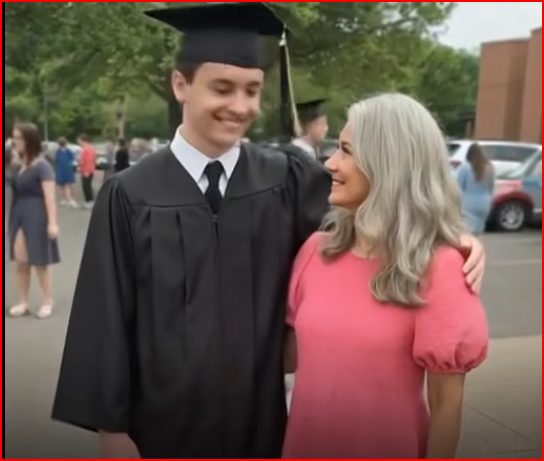The controversy surrounding Minnesota’s state government has reached a new and unprecedented level. Governor Tim Walz, long viewed as a steady and pragmatic political figure, now finds himself at the center of a widening federal investigation that has captured national headlines and triggered significant political debate.
At issue is the extraordinary Feeding Our Future (FOF) scandal — a sweeping fraud case involving an estimated $250 million in misused federal child-nutrition funds. According to investigators, these funds — intended to provide meals to children during the COVID-19 pandemic — were diverted through a complex network of nonprofits, vendors, and individuals who allegedly manipulated reimbursement systems to claim money for meals that were never served.
The growing federal investigation has already produced more than 50 convictions, making it one of the largest fraud cases in Minnesota history. Now, with a formal congressional subpoena directed at Governor Walz, the scandal is entering a defining stage that could reshape conversations about state oversight, federal accountability, and emergency funding procedures across the country.
Why the Subpoena Matters — And What It Demands
The U.S. House Committee on Education and the Workforce, chaired by Rep. Virginia Foxx (R-NC), issued the subpoena after months of document requests and preliminary inquiries. According to Foxx, the Governor’s office and the Minnesota Department of Education (MDE) have failed to provide essential records voluntarily, prompting the Committee to escalate the matter.
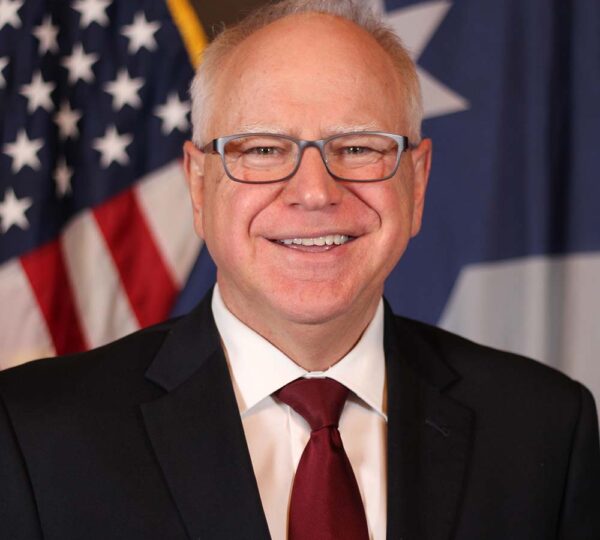
The subpoena is extensive and requires the Governor’s office to produce: All internal communications concerning the Feeding Our Future program. Correspondence between MDE and the U.S. Department of Agriculture (USDA). Documentation of internal decision-making processes within the state. Any investigations conducted by the state before or after the fraud allegations emerged.
Staff communications, memos, warnings, or reports related to irregularities in reimbursement claims. The Committee argues that these documents are crucial for understanding how such a massive fraud network was able to operate for so long within Minnesota’s borders.
Rep. Foxx stated: “Minnesota’s executive agencies failed to act decisively despite repeated warning signs. Congress must determine how this occurred and what reforms are necessary to protect federal nutrition programs nationwide.”
A Fraud Operation That Shocked the State
The Feeding Our Future scheme took advantage of emergency flexibilities implemented during the pandemic. Under federal rules, organizations could claim reimbursement for providing free meals to children, even outside school settings. According to federal prosecutors, dozens of individuals and organizations exploited these flexibilities by:
Submitting inflated meal counts. Claiming fictitious sites serving nonexistent children. Using federal funds to purchase luxury cars, international travel, real estate, and personal items. What began as a program designed to ensure children had access to food during lockdowns allegedly turned into a coordinated effort to siphon federal money on an unprecedented scale.
The scandal left Minnesota residents stunned — not only because of the financial magnitude, but because of the humanitarian impact: the program was designed to feed vulnerable children during a national crisis.
Governor Walz Responds — Strong Denials and Acknowledgment of Oversight Failures
Governor Walz addressed the allegations publicly in June 2024, offering a direct response to critics and investigators.
He denied any intentional wrongdoing and insisted that his administration operated under intense pressure at the height of the pandemic, during a period when emergency programs were expanding rapidly.
Walz stated that: MDE staff may not have performed adequate due diligence. The pace and scale of the pandemic created unprecedented operational challenges. His administration acted “in good faith” throughout the emergency period
He rejected claims that state officials knowingly ignored wrongdoing, emphasizing that Minnesota worked closely with federal authorities once concerns were raised.
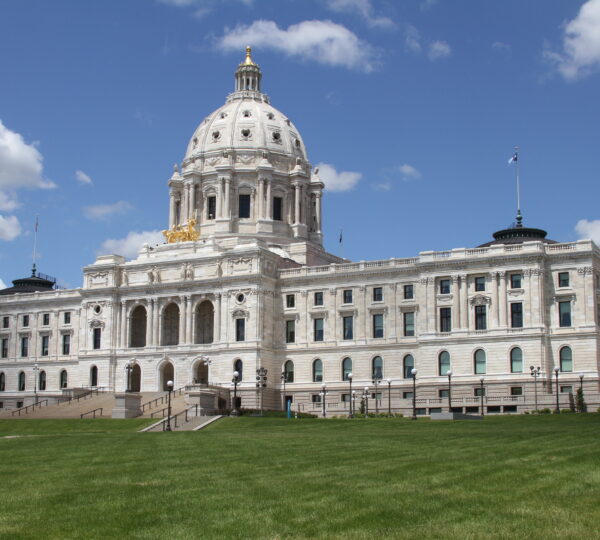
Walz said: “We acted based on the information we had, under circumstances no state had ever experienced. There was no intent to overlook fraud.”
Supporters of the Governor argue that the federal government itself approved the reimbursement system and was responsible for setting the rules. Critics contend the state failed to act quickly enough when irregularities surfaced.
The Broader Stakes: What Congress Hopes to Learn
The House Committee has signaled that this investigation goes beyond Minnesota.
Rep. Foxx suggested that: Federal nutrition programs may require stronger oversight. Emergency-response funding systems need clearer safeguards. States must have more robust auditing mechanisms. Partnerships with nonprofits must include higher transparency standards
The FOF case could serve as the basis for new national legislation aimed at preventing similar fraud during future emergency declarations.
In Foxx’s own words: “This scandal is not just a Minnesota issue. It is a federal issue with federal dollars, and Congress will act to ensure this can never happen again.”
The Guilty Plea That Intensified Pressure on Walz’s Administration
The probe took a significant turn with the recent guilty plea involving Guhaad Hashi Said, a nonprofit operator linked socially to Rep. Ilhan Omar (D-MN). Said admitted to laundering $2.9 million connected to the Feeding Our Future network.
His conviction marks the 52nd in the wider scheme, and federal officials say additional charges may still be pending. While Said’s association with Omar has drawn political attention, investigators have not accused Omar of wrongdoing. However, the plea highlights how deeply the fraud reached into Minnesota’s nonprofit ecosystem.
For Walz’s administration, this plea adds another layer of scrutiny — suggesting that oversight gaps may have been broader and more persistent than initial assessments indicated.
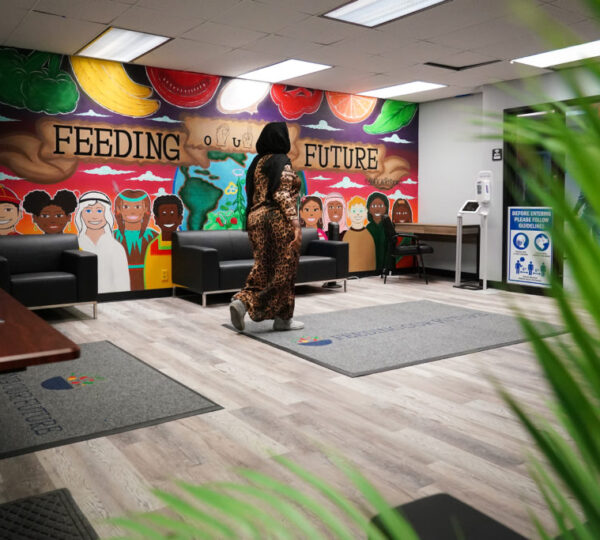
Federal Prosecutors: “A Major Crisis for Minnesota”
Acting U.S. Attorney Joseph H. Thompson called the fraud: “One of the largest and most consequential criminal operations ever uncovered in Minnesota.” Thompson emphasized that the case highlights systemic vulnerabilities: Weak communication between the state and federal government. Insufficient follow-up on red flags. Overreliance on self-reported nonprofit data. Emergency conditions that bypassed traditional safeguards
He added that the case should serve as a warning: “When large sums of money are released rapidly under crisis conditions, oversight must be stronger — not weaker.”
Public Reaction: Concern, Anger, and Growing Calls for Reform
Minnesota residents have expressed a mixture of emotions: Outrage over the misuse of funds intended for children. Frustration at government agencies for failing to catch irregularities sooner. Concern about how deeply the fraud may have impacted communities. Pressure on state and federal leaders to tighten regulations
Parents who relied on child-nutrition programs during the pandemic have spoken out, saying they feel betrayed that resources meant to support families in hardship were diverted for personal gain. Political divisions have widened as lawmakers debate where the blame should fall — with some targeting state leadership and others pointing to federal policy shortcomings during the pandemic.
A Subpoena That Could Shape the Next Phase of the Investigation
The subpoena to Governor Walz could prove decisive. Legal experts note that: It represents a rare escalation against a sitting governor. It signals bipartisan concern regarding oversight failures. It suggests Congress believes important information is still missing. It may lead to public hearings or testimony. It could influence future federal oversight legislation
What Walz’s office provides — or fails to provide — may shape the trajectory of the investigation.
As the federal investigation intensifies, one fact has become increasingly clear:
The Feeding Our Future scandal is not just a Minnesota story anymore.
It is now viewed as a case study in how emergency federal relief programs can be vulnerable to manipulation, especially during times of crisis when oversight systems are stretched thin and the urgency to distribute aid is high.
Policy experts, legal analysts, and former federal officials have highlighted the broader risks: Pandemic-era flexibility may have unintentionally opened doors to large-scale exploitation. Oversight agencies were often understaffed during COVID-19. Staffing shortages in Minnesota’s Department of Education increased vulnerability. Federal agencies lacked real-time auditing tools. Nonprofits rapidly expanded food-distribution claims without verification
A bipartisan consensus has gradually formed in Washington: Federal relief systems need an overhaul, and the Feeding Our Future case may become the catalyst for reforms that shape future emergency response policies.
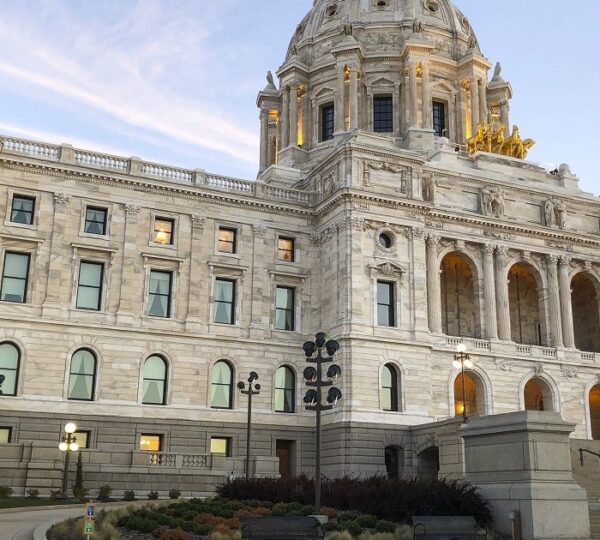
Congressional Interest Grows — Potential for Public Hearings
Several members of Congress have suggested that the investigation could lead to: Formal public hearings. Testimony from Minnesota officials. Scrutiny of federal USDA oversight. Examination of nonprofit accountability standards
A senior congressional aide, speaking anonymously, told reporters: “This is one of the most significant fraud cases involving child-nutrition programs in U.S. history. We expect broader hearings to follow.” If hearings occur, Governor Walz could be asked to testify — an extremely rare event for a sitting governor — highlighting the gravity of the situation.
Legal Experts Weigh In: Could the Subpoena Lead to Further Action?
Legal analysts note that issuing a subpoena to a governor is unusual but not unprecedented. What makes this case extraordinary is the scale of the fraud, the involvement of multiple federal agencies, and the fact that billions in pandemic relief funds nationwide are under review.
Several legal scholars have noted that: The subpoena suggests Congress believes key information was withheld. The Committee may consider contempt if the Governor does not comply fully. Federal criminal investigations remain ongoing. Additional indictments in Minnesota may still be forthcoming
Professor Dana Reddick of Georgetown Law commented: “This subpoena is not symbolic. It signals that congressional investigators believe Minnesota’s executive branch has information critical to understanding how this fraud escalated so dramatically.”
The Human Cost: What Happens When $250 Million Is Misused
While political discussions dominate headlines, the real victims in this scandal are Minnesota families — particularly the children who should have received meals during the most uncertain period of the pandemic. Community leaders have emphasized that the redirection of funds caused: Reduced food availability at community distribution sites.
Greater pressure on already strained food shelves. Confusion and distrust among families who relied on pandemic programs. Delays in meal-service expansions for low-income areas. Long-term damage to public confidence in child-nutrition initiatives
Parents say that beyond the billions lost, the emotional impact of the scandal has been severe: Some families felt misled by organizations claiming to serve meals. Others were left without reliable food programs during lockdowns. Volunteers say the fraud diverted attention from legitimate needs
Food-security advocate Maria Jensen summarized it bluntly: “This was never just about money. It was about children who needed help in a crisis. They were the ones who paid the price.”
Walz’s Political Future: A Turning Point or a Long-Term Liability?
The subpoena arrives at a pivotal time for Governor Tim Walz. Once considered a rising national figure — even floated as a possible vice-presidential contender — Walz now faces a test that could define his career.
Political observers note: If Walz manages the investigation transparently, he may strengthen his reputation. If new evidence suggests oversight failures were larger than reported, it may become a political liability. Minnesota voters may rethink state leadership during the next election. National political strategists are watching closely
Some analysts believe Walz is now navigating one of the most consequential moments of his governorship. Political strategist Daniel Harper commented: “This is not an ordinary scandal. It intersects with education, federal oversight, pandemic policy, and ethics. How Governor Walz responds will shape both his legacy and his future in national politics.”
The Role of the USDA: Under Scrutiny as Well
Although much focus has been placed on Minnesota’s state agencies, federal officials have acknowledged their own role in the oversight gaps. The USDA approved reimbursement claims from Feeding Our Future and other organizations throughout 2020 and 2021, even as red flags began to emerge.
Critics argue that: USDA field offices failed to escalate concerns. Federal audit teams were overwhelmed. Emergency flexibilities were applied too broadly. Communication between USDA and state agencies was inconsistent USDA officials maintain that states were primarily responsible for frontline oversight, but investigators suggest the federal-state partnership broke down on multiple levels.
The Guilty Pleas: A Network Unraveling
The plea agreement involving Guhaad Hashi Said shed unprecedented light on the internal workings of the fraud network. According to the guilty plea: The nonprofit claimed to feed thousands of children daily. The organization submitted false menus, attendance logs, and meal counts. Money was funneled through shell companies and personal accounts. Funds were used for luxury vehicles, property, and international travel
Investigators noted that Said’s plea is likely not the last: More individuals may face indictment. Additional nonprofits are under federal review. Authorities are tracing large transactions to offshore accounts. Prosecutors are examining whether money was funneled into political donations or unrelated ventures
Assistant U.S. Attorney Thompson said: “This case is far from over. What we’ve uncovered so far is significant — but it may not be the full picture.”
Minnesota’s Oversight Failures: What Went Wrong?
Documents reviewed during the investigation show that: MDE repeatedly attempted to suspend Feeding Our Future from the program. The nonprofit sued the state, claiming discrimination. A court temporarily prevented MDE from halting payments. Fraud escalated dramatically during that period
This legal battle has become a central focus for investigators.
Rep. Foxx argues that: Minnesota should have escalated warnings sooner. The Governor’s office should have intervened. The state had a responsibility to pursue stronger legal remedies
Minnesota officials counter that they were constrained by court orders and federal guidelines, insisting they raised concerns whenever possible.
Could Federal Law Change Because of This Case?
Yes. And many lawmakers believe it should. Potential reforms now being considered include:
1. Stronger auditing systems for emergency nutrition programs Including real-time digital verification of meal counts.
2. Stricter nonprofit eligibility requirements
Ensuring only vetted organizations can handle federal funds. 3. Mandatory federal-state communication protocols
To eliminate gaps during crises.
4. New limits on emergency program flexibility
To prevent unchecked expansion during future pandemics. 5. Enhanced whistleblower protections
To encourage reporting of fraud early. If such laws pass, the Feeding Our Future case may become a landmark event in federal nutrition-policy reform.
A Scandal That Redefined Trust
For many Minnesotans, the scandal is not merely a political issue — it is a breach of public trust. Families relied on these programs during a frightening period. To learn that millions were diverted elsewhere has left a lasting sense of betrayal.
Educators, social workers, and food-distribution volunteers say that: Trust in community-nutrition programs has eroded. Public confidence in oversight agencies has suffered. Future aid programs may face more skepticism. Vulnerable families may hesitate to use available services This is the long-term human consequence — one that extends beyond legal proceedings and political debates.
The Road Ahead: What Comes Next for Minnesota and the Nation
As the subpoena process unfolds, several scenarios are now possible:
Scenario 1: Full Cooperation from the Governor’s Office
This could strengthen transparency efforts and ease tensions with Congress.
Scenario 2: Legal Challenges or Delays
This could escalate the conflict, potentially leading to further subpoenas or hearings.
Scenario 3: Additional Criminal Charges in Minnesota
Investigators have signaled that more defendants may soon face prosecution.
Scenario 4: National Legislation Inspired by the Case
Congress may use the findings to overhaul federal nutrition programs.
Scenario 5: Political Fallout
Walz’s long-term political aspirations could be significantly impacted, depending on what emerges from the investigation.
Final Closing Reflection
The Feeding Our Future scandal represents one of the most consequential failures of federal and state oversight during the pandemic. It is a story about vulnerability — not only of public systems, but of communities who relied on those systems when they needed them most.
Whether viewed through a political, legal, financial, or humanitarian lens, this case serves as a stark reminder:
Emergency programs must be designed with both speed and accountability.
Oversight must strengthen, not weaken, during crises.
And when millions of children depend on federal aid, failure is simply not an option.
As Congress continues its investigation, Minnesota prepares its responses, and prosecutors pursue remaining defendants, one truth remains unmistakable:
This scandal will shape child-nutrition policies — and political accountability — for years to come.


